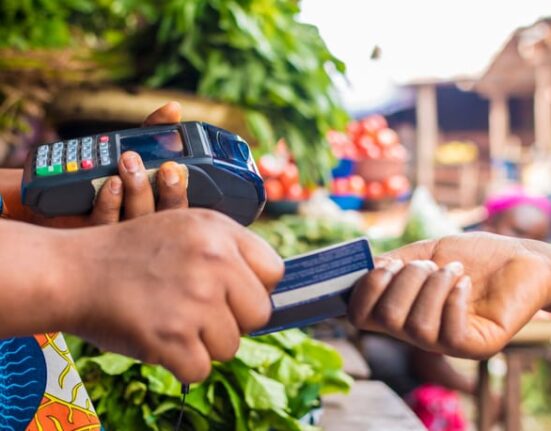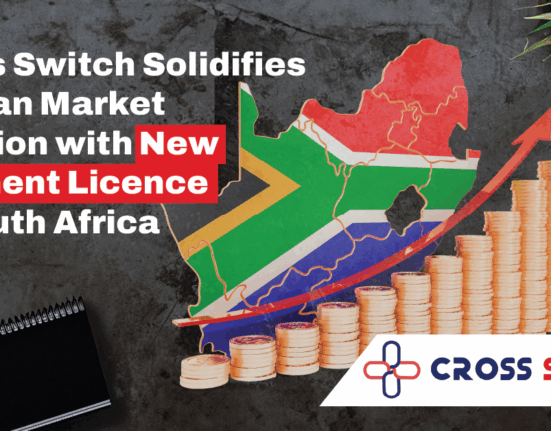As Nigeria’s digital economy continues its rapid expansion, payments giant Network International is turning its focus beyond urban centres, working to plug long-standing gaps in financial inclusion across rural communities.
In a recent report by The PUNCH, the Dubai-headquartered firm, which operates in over 50 countries, described Nigeria as a “strategic hub” for its African operations. According to Dr. Reda Helal, the Group Managing Director for Processing in Africa and Co-head of Group Processing, the company’s regional office in Lagos is not just a commercial base, but a key driver of infrastructure powering Nigeria’s growing fintech scene.
But the real story isn’t just about digital expansion in Lagos or Abuja. It’s about where the road ends—and where Network International says it’s beginning to build again.
“You have to meet people where they are,” Helal told The PUNCH, pointing to the company’s renewed focus on basic mobile technologies, local agents, and community cooperatives. “Technology alone won’t get you there.”
While much of the fintech boom has centred on mobile apps and internet-based platforms, millions of Nigerians still transact using basic phones and USSD codes — a reality that Network International is confronting head-on. The company is actively developing offline-first financial tools and expanding partnerships with mobile money operators, placing rural adoption at the centre of its expansion plan.
The pivot comes at a critical time. According to the Central Bank of Nigeria, over 38 million Nigerian adults remain unbanked, the majority of whom reside in rural areas. While flashy apps and digital wallets capture headlines, it is low-tech solutions and trust-based community engagement that move the needle in underserved regions.
To address this, Network International says it is focusing on redundancy and reliability, investing in real-time monitoring to reduce payment failures — a frequent frustration for users. As Helal puts it:
“If one route fails, another one kicks in automatically. We work around the clock to keep payments flowing in Nigeria.”
The firm is also actively collaborating with local banks and regulators to improve settlement timelines, streamline transaction flows, and strengthen confidence in digital channels — a move aimed at accelerating the CBN’s cashless policy goals.
For fintech founders trying to scale, this backend infrastructure and suite of APIs offers a plug-and-play advantage. But for Nigeria’s underserved populations, it may finally bring financial services to areas that have long been excluded from the conversation.
If Network International’s rural playbook delivers, the future of Nigeria’s digital economy might not just be found in tech hubs—but in places where cash still rules, and where inclusion remains the final frontier.











